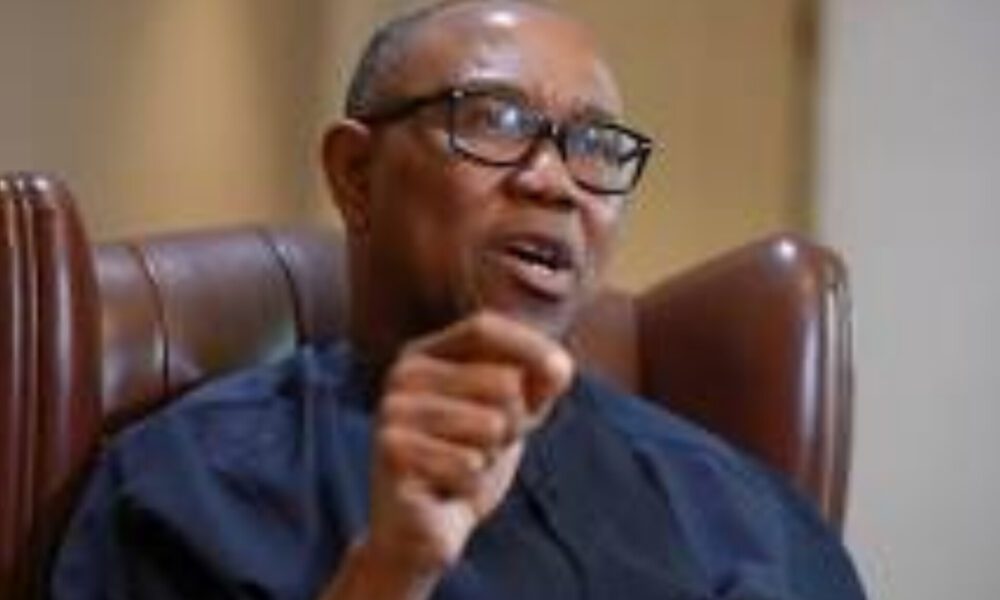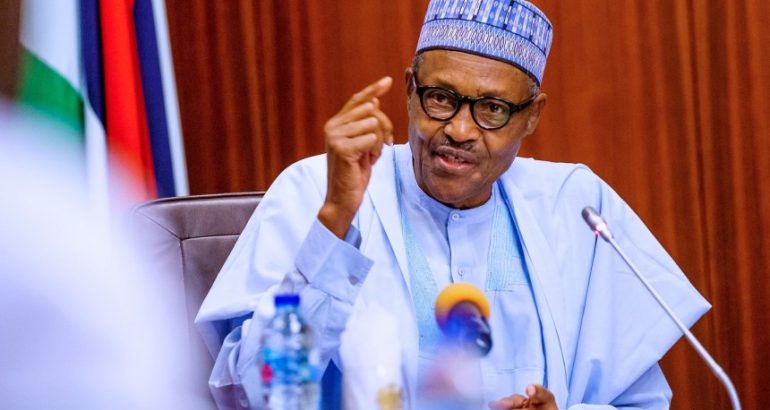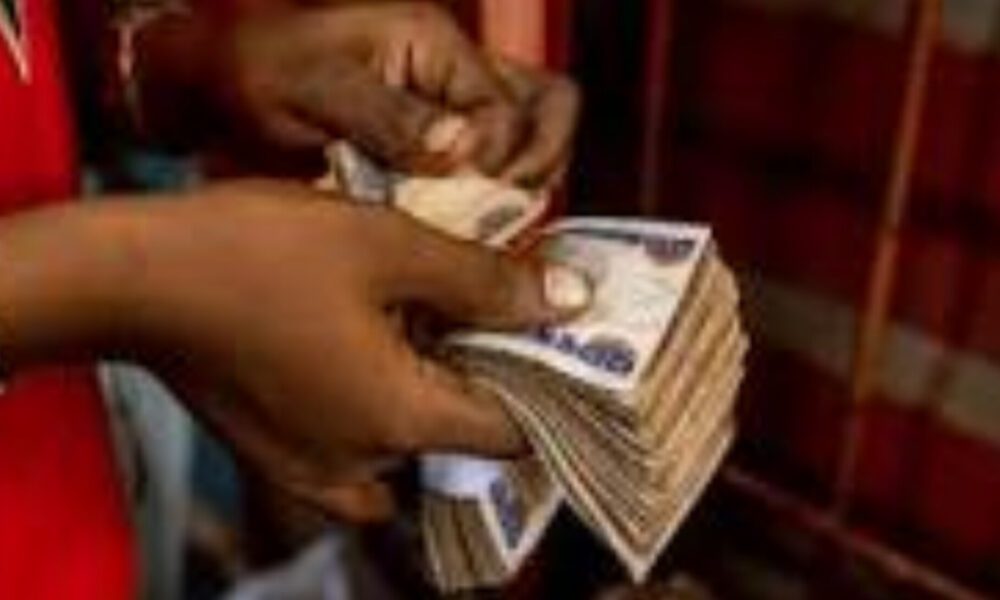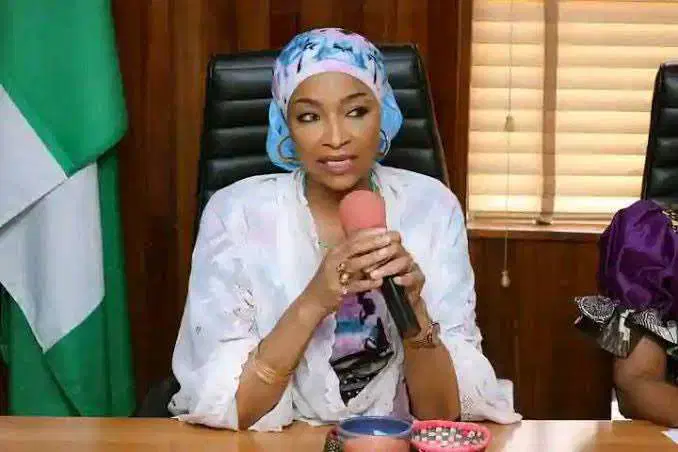***aligns with Dangote against prohibitive 30% interest rate
***says it will be difficult for Manufacturers, MSMEs to borrow, repay
The Presidential Candidate of the Labour Party (LP) in the 2023 general election Peter Obi has urged for a reversal of policies causing job Iosses and hindering production as he canvassed for growth-oriented strategies for a new Nigeria.

He spoke while allingning with Africa’s foremost Entrepreneur and Respected Nigerian Businessman, Aliko Dangote’s over his recent outcry against the current interest rate of 30%.
Dangote had warned the Federal Government to urgently rescue businesses that are still thriving as many multinationals continue to relocate to other African countries due to unfavorable business climate.
He had indicated that no jobs will be created with such a high interest rate because there will be no growth in the economy.
Obi in a post on his verified X- handle on Thursday said Dangote’s stand point has been his consistent position over time.
He explaned saying that, “In February this year, I argued against the decision of the Monetary Policy Committee on MPR to 22.5% and CRR to 45% increases which, in my opinion, would further worsen the economic situation, as the increases would push interest rates on loans to above 30%, which would be very difficult for manufacturers and MSMES to borrow and repay.
“If Dangote, the richest person in Africa, and foremost industrialist, can complain, then imagine the negative impacts of these policies on MSMEs who are the engine of economic growth.
“To further understand the harsh economic environment that this monetary policy had exacerbated, the recent report from the Manufacturing Association of Nigeria (MAN) stated “In 2023, 767 companies were shut down and 335 became distressed.
“The capacity utilization in the sector has declined to 56%; the interest rate is effectively above 30%; foreign exchange to import raw materials and production machine inventory of unsold finished products has increased to N350 billion and the real growth has dropped to 2.4%.
“These harsh economic policies, both on the monetary and fiscal sides, have continued to slow down our economic growth, drive multinationals out of the country, stifle our small businesses and discourage the inflow of foreign direct investment.”
He maintained that the Federal Government must urgently reverse the ugly trend which is seriously resulting in further job losses, discouraging production and has continued to hinder the movement from consumption to production.
“We need to reverse the course and only initiate policies that can lead to growth and the birth of a new Nigeria.
“A New Nigeria is Possible.”




